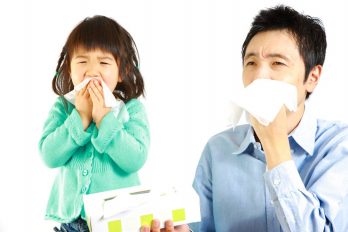Have you ever told your child to sit up straight? Nearly every parent says that multiple times a week in an attempt to keep a child’s back tall and strong. However, good posture includes much more than simply how you or your child sits and stands. Posture affects many aspects of life, including self-confidence, concentration, and a multitude of physical concerns later in life. If you are concerned about your child’s posture and want to ensure that you are doing all that is possible to improve body mechanics, read on for a few tips perfect for your younger children.
- First, remember that all bodies are designed to move, and regular movement and exercise will keep your child’s muscles strong and limber. Strong muscles, especially in the core and upper back, are vital for maintaining proper posture. Encourage your child to ride his bike, jump rope, and take part in organized activities during gym time at school.
- Second, teach your child how to sit correctly. One of the most important aspects of this is ensuring that the chair your child spends the most time in is designed for good posture. Your child should be able to slide his bottom to the back of the chair while still maintaining a straight upper spine. You may also want to consider dynamic chairs, such as ball chairs, which can improve core strength. Some brands make special wobble chairs just for children.
- Third, remember that it is unnatural for a child to spend hours at a desk or behind a computer. Plus, today’s computer game culture tends to result in bent necks and hunched-over postures. Instead, encourage your child to take plenty of breaks to look up from games, walk around the house and limber up tight joints.
If your child has bad posture, the problem may not be traced back solely to laziness. In fact, heavy backpacks, uncomfortable desk chairs, and even weight gain or genetic issues can be the main cause of bad posture for some children. In some cases, you may even need to talk to a pediatrician about your concerns. Some simple changes may be enough to produce stronger shoulders and backs. You may also need to consult with a physical therapist for special exercises designed just for your child. Contact Kids 1st Pediatrics today for more help with this issue.

